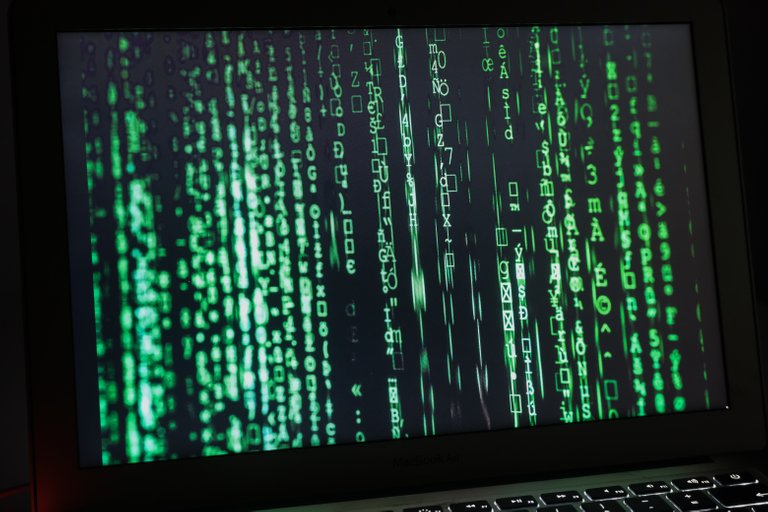Security guards stationed at office premises are to provide physical security and protect the information, assets and people who access the Organisation building. The security guard, when used correctly, plays a huge role in ensuring the safety of life, people and information processed, stored and used in the Organisation.

While Security guards provide physical security, the Firewall provides logical security by protecting the information used, stored and processed in an Organisation through some pre-configured commands which the firm's Network engineer might have set. The firewall, when configured right, ensures that only the people with the right access should be able to access an Organisation's resources and information online.
Security Guards and Firewalls might not be the easiest comparison. Still, when critically looked into, they serve the same purpose, and their end game is to ensure that the right people get the right access to the information they need and the bad actors are kept out.
One of the differences between this two is that; Firewall deals with IP addresses while security guards deal with real humans. The other difference I could think of that differentiates them is that the firewall does not have a brain of its own. Meanwhile, the security guards could still do some reasoning independently or get clarity from their superiors if an issue arises. For the firewall, though, once it has been configured that this is the only information that should be granted to a certain user, that’s the only access that the firewall will grant even though the user might need access to other things to carry out his or her duties.
For example, let’s say that it’s the Organisation's policy always to ensure that only staff wearing their staff ID card can access the office premises. On a fateful day, a staff forgot his staff ID at home, and he was already running late for an important meeting. The security guard will stop him from entering, and if the staff explains himself, the security guard may ask for guidance from his superior on handling the situation.
![]()
The case is different for Firewalls, though; if a rule is set for them, they will only execute it without asking for extra guidance when the issue is a bit complicated. A firewall sees things in only black and white as configured, and he tries its best to execute those pre-defined rules to the best of its ability.
The two controls also have their own associated threat and vulnerability; for instance, the Security guard might be disgruntled about his treatment, and he will allow anyone into the office premises without making checks which are expected of him or her. That could be catastrophic to the firms’ staff safety and information security. In the case of a Firewall, the biggest threat are the hackers who do everything possible to bypass it, and if that is not achieved, they will overload it till it collapses with attacks such as DDOS or DOS.
Despite these threats and vulnerabilities, it is important to note that they are treatable and avoidable. In the case of a firewall, to avoid breakdown or total collapse, the Organisation has to ensure that resources attributed to the firewall are elastic. It could expand to process as many bots and commands sent to break it down. It is important for security guards to train them while also providing a channel where they can voice their needs without fear or sanctions to meet them.
So yeah, while Security guards are a physical control, firewalls are a logical control, and they both aim to ensure the Confidentiality, availability and Integrity of Information assets in an Organisation.